This article is more than
1 year oldParents are using AirTags to track kids and give them freedom
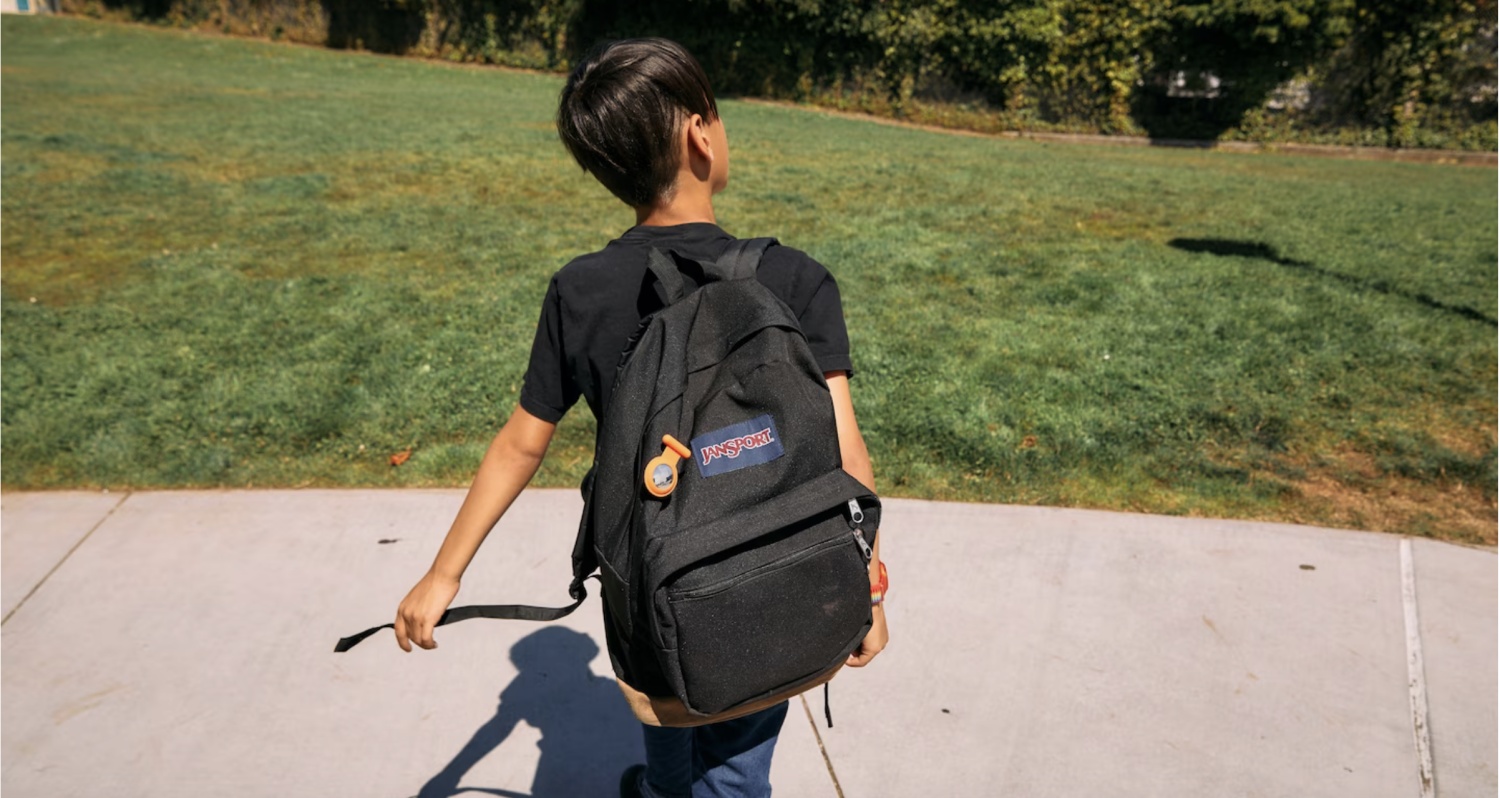
Stephanie Chin can always find her daughter.
Between school, activities and friends, her 8-year-old’s busy schedule takes her to various locations away from the family’s Maryland home. At any time, Chin and her husband can open their smartphones to see their child’s recent location on a map. They’re getting it from two Apple AirTags tucked deep in her backpack.
“To some it might be overbearing because I worry so much, because she’s my only [child],” says Chin, who works in human resources. “It really comes down to what makes you more comfortable, and I’d rather be safe than sorry.”
Chin is one of many parents and caregivers using tracking devices to keep tabs on children old enough to wander away but too young for a phone. It’s an off-label use for the inexpensive $29 Apple gadgets, which are meant to find things like keys wedged in a sofa or a purse left behind in a coffee shop. They work by pinging any nearby Apple devices that can upload the recent location to the internet.
Adults are putting trackers in backpacks, on bikes or directly on kids for extra accuracy. Online, companies sell hundreds of colorful tracker holders for children including wristbands, keychains, lanyards and pins. Some caregivers sew them into jackets or tie them to shoes to protect them from their chaotic hosts.
When Apple released AirTags in 2021, the company clearly stated that they were not to be used for children or pets, only inanimate objects. The small print isn’t stopping people. In addition to children, caregivers are using them for people with dementia or Alzheimer’s, and pet owners are putting them in custom cat and dog collars.
Families use other trackers not meant for kids as well, like Tile and Chipolo. There’s a growing market of GPS devices designed for children, like the Jiobit tracker and Gizmo watch, which are more expensive, but have direct cellular connections for better accuracy. Eventually families move on to smartwatches and smartphones.
However it’s done, tracking kids is a sensitive subject. Is it surveillance-culture gone overboard, a smart hack for managing a busy family, or a way to claw back some of the freedom previous generations had that’s missing?
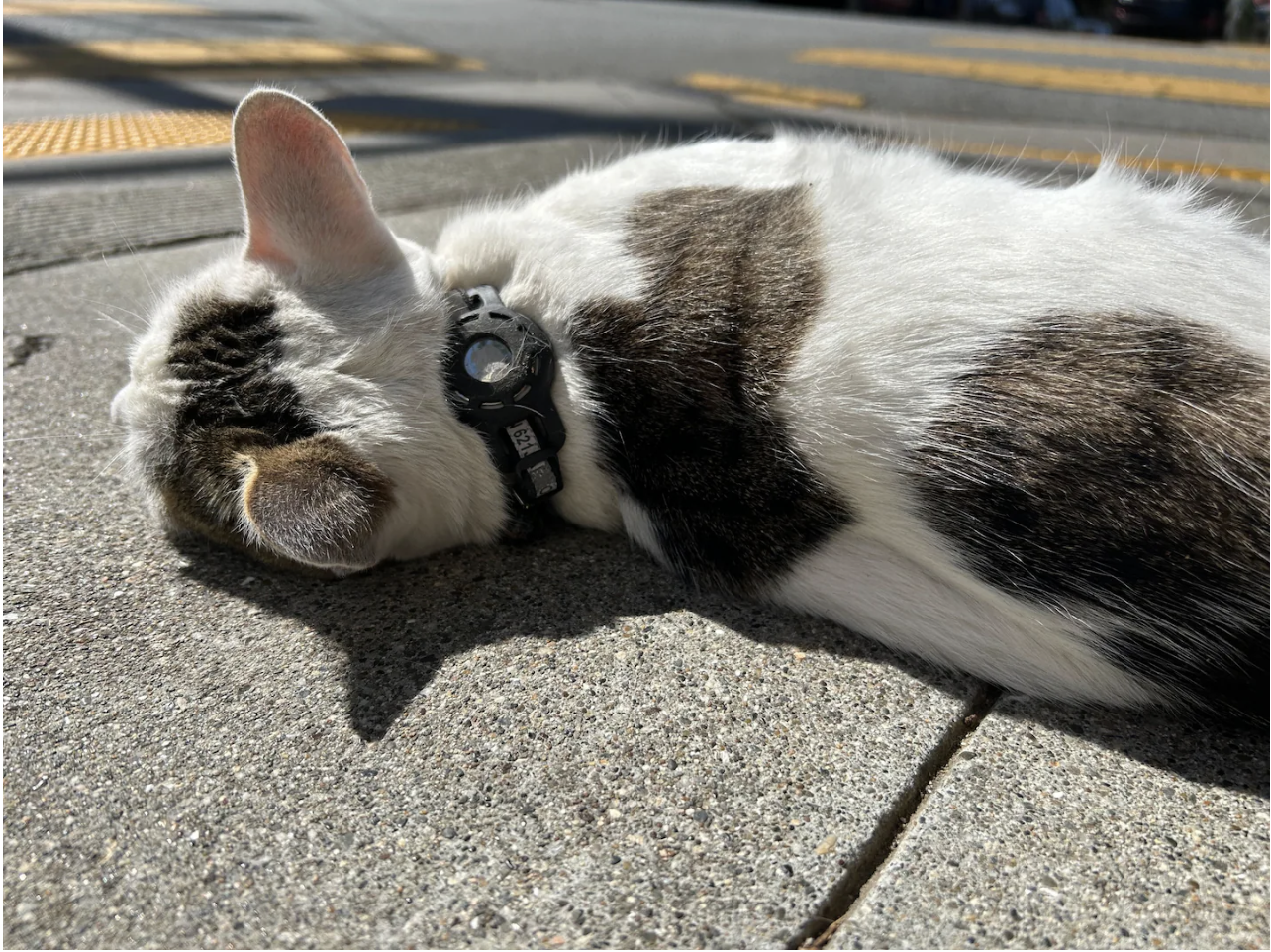
Training wheels for the pre-phone years
Sandi Bourbeau only used an AirTag with her son, now 13, for three months. He wanted to ride his bike around their neighborhood and hang out with his friends, but wasn’t yet allowed to have his own phone. After checking on him regularly for the first few days, Bourbeau stopped looking unless she had a reason.
“To be honest I felt weird about tagging him so I thought I would kind of kill two birds with one stone and tag the bike,” said Bourbeau, who lives in Woodland Hills, Calif. “It was a steppingstone and it was a great way to discusses boundaries and alternatives.”
Her son has since graduated to sharing his location from a smartphone. It’s not just devices sending updates. He has a debit card on the family account and Bourbeau gets an alert anytime he uses it, usually to buy snacks. As with many families we spoke to, location tracking isn’t one way. Bourbeau’s son is allowed to see both parents’ real-time locations.
Many adults trying AirTags first say they are most worried about access to social media, online bullying and everything else that comes with a real phone. AirTags offer them a low-tech way to put off the inevitable.
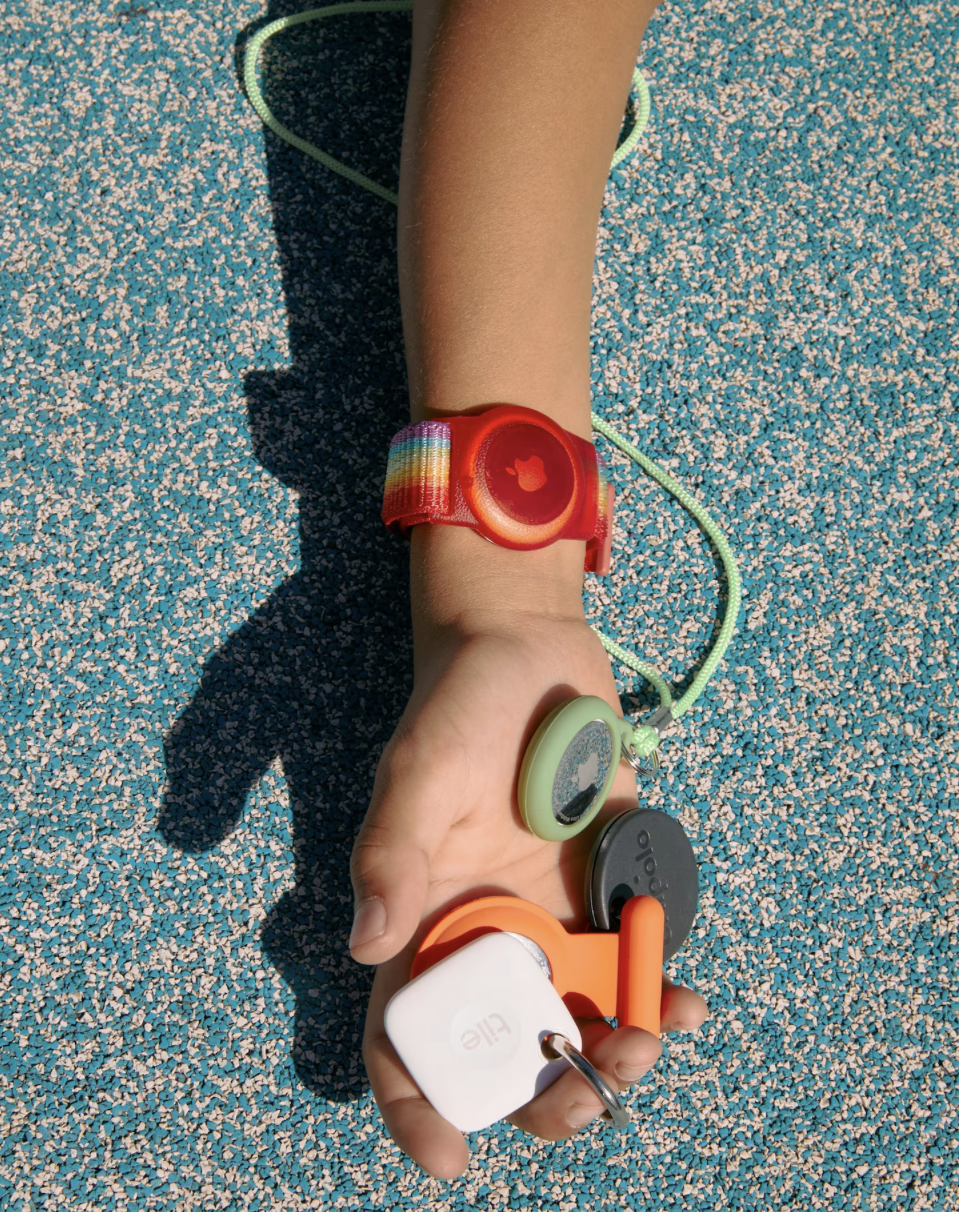
A new norm or a loss of independence
Experts have long been worried about the impact of more restrictive parenting on children’s mental health and development.
“Over the last four or five decades, there’s been a huge decline in children’s freedom to do things on their own,” said Peter Gray, a research professor in psychology and neuroscience at Boston College who studies children’s play. “To do things like walk to school by themselves, take public transit without some adult, even have a part-time job or play in the park without being constantly monitored by adults.”
Increased income inequality means parents are worried about what will happen if their kids don’t go to college, causing some to turn childhood into a period of résumé building at the expense of freedom and play, Gray said. There’s also an amplification of dangers in viral stories and increased pressure on parents to keep their children 100 percent safe from risk — an impossible task that cranks up already high anxiety.
The result of too much control and monitoring, Gray said, is children who struggle with anxiety and depression and who may find it difficult to feel in charge of their own lives.
It wasn’t always this way. Ask any Gen X or boomer about their childhood and you’ll likely hear stories of wandering around outside until the sunlight ran out. They also had something that’s gone nearly extinct: pay phones everywhere and a pocket full of coins to call home.
“My parents wanted me to be home by dinner time or when it got dark. They were like here’s a watch and bike, as long as your homework is done,” said Tara Mendola, a journalist raising three children in Philadelphia.
For people like Mendola, low-tech tracking options aren’t necessarily a tool to monitor children. They’re also a practical way to see where everyone is and when they’ll be home. And they’re a way to afford children some of the same freedom their parents had as kids, before a walk alone outside was so fraught.
Mendola and her husband have given their 11-year old a wristband with an AirTag in it, and while wearing it, he’s allowed to bike around their neighborhood or go to the store. They recently gave their 8-year old a similar wristband, though she’s limited to wandering around their block (she’s going through a hiding phase.) Both kids know about the devices and agreed to wear them, though the oldest sometimes chafes at having it.
“I want it to be something that increases their freedom not increases our surveillance of them,” Mendola said.
She says she’s worried about cars, pools, stoves and fires but not kidnapping. “Strangers worry me a lot less than concerned strangers. People who decide they need to call the police on your kid are the scary ones.”
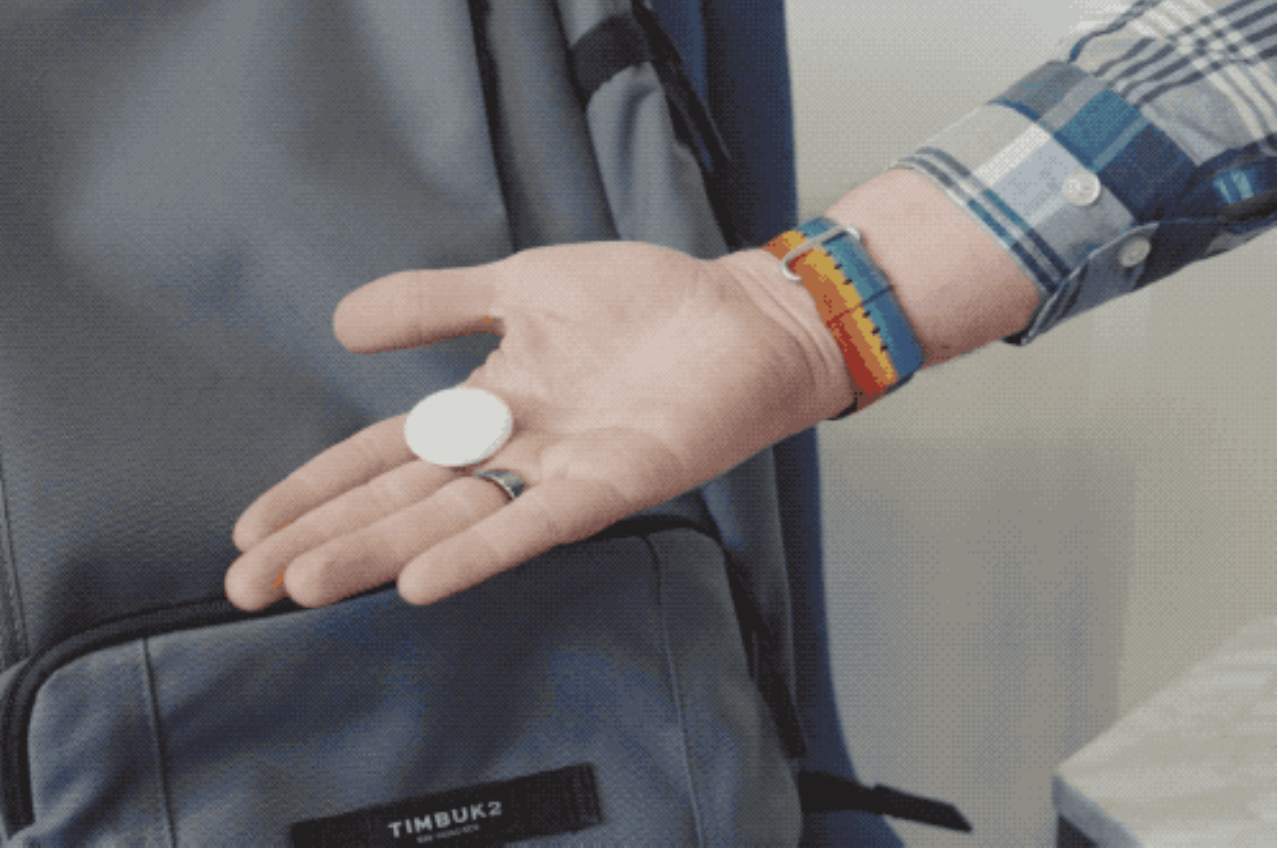
Managing fear and assessing risks
Laws about what age children can be on their own vary state to state, and are often open to interpretation. Over the past decade, there have been high profile cases of parents being investigated for letting their children be outside alone. The involvement of agencies like Child Protective Services can have more damaging outcomes for low-income families of color, Gray said.
“Nobody ever thinks everybody else is doing it right,” said Lenore Skenazy, founder of Free-Range Kids, an organization pushing for more common sense laws around childhood independence. “We’re just completely wrong when we think kids are in constant danger when for a minute or two they’re outside of their parents’ view.”
Skenazy said she hears from parents who are able to let their kids have more freedom because of trackers. While she’s glad they’re finding a way to let go, she worries it normalizes the idea that kids can’t be safe unless they are tracked, removing a way families build trust.
“If your parents trust and believe in you, that’s an incredible gift. With tracking devices there’s no way to prove you’re trustworthy,” said Skenazy. “We can’t tolerate uncertainty and tech keeps giving us more certainty. What happens when trust is replaced by certainty?”
Raising a child involves constant risk assessment. Accidents are the No. 1 way children die in the United States, according to CDC data. For kids 10 to 14, the second biggest cause of death is suicide, followed by cancer.
One of the most prevalent fears parents have are kidnappings. The vast majority of the nearly 30,000 abductions that happen a year are done by a family members, said John Bischoff, head of the Missing Children Division at the National Center for Missing & Exploited Children. In fact, he estimates only 10 to 15 of the cases they see in the United States every year are true stranger abductions.
“We were all raised upon the theoretical white van that pulls up with the guy with the aviators and mustache, and the side door opens and we’re pulled off a street corner,” said Bischoff. “Statistically, it’s very rare that’s going to happen but in the same breath, it does still happen.”
A more significant concern is what kids run into online, Bischoff said. There, too, parents often try to turn to internet tracking and monitoring. He said the most important thing parents can actually do is have repeated and honest conversations about dangers.
Laura Fram, 45, said she has regular safety talks with her 14-year old daughter and has never tracked her, even though she’s often away from home. She has a job at an ice cream shop, is active in the Boy Scouts, and is getting ready for a trip abroad.
“She has the freedom to make mistakes, she has the freedom to choose to do things that aren’t the best,” says Fram, who lives in Lake George, N.Y. “The more you track them, you might win today that they’re on track but you’re losing the long-term battle.”
Fram has also experienced first hand what happens when monitoring technology goes wrong. When she was younger, her daughter had an Apple Watch that sent an alert to her mom that something was wrong with her heart. Her daughter had put the watch on the family cat.
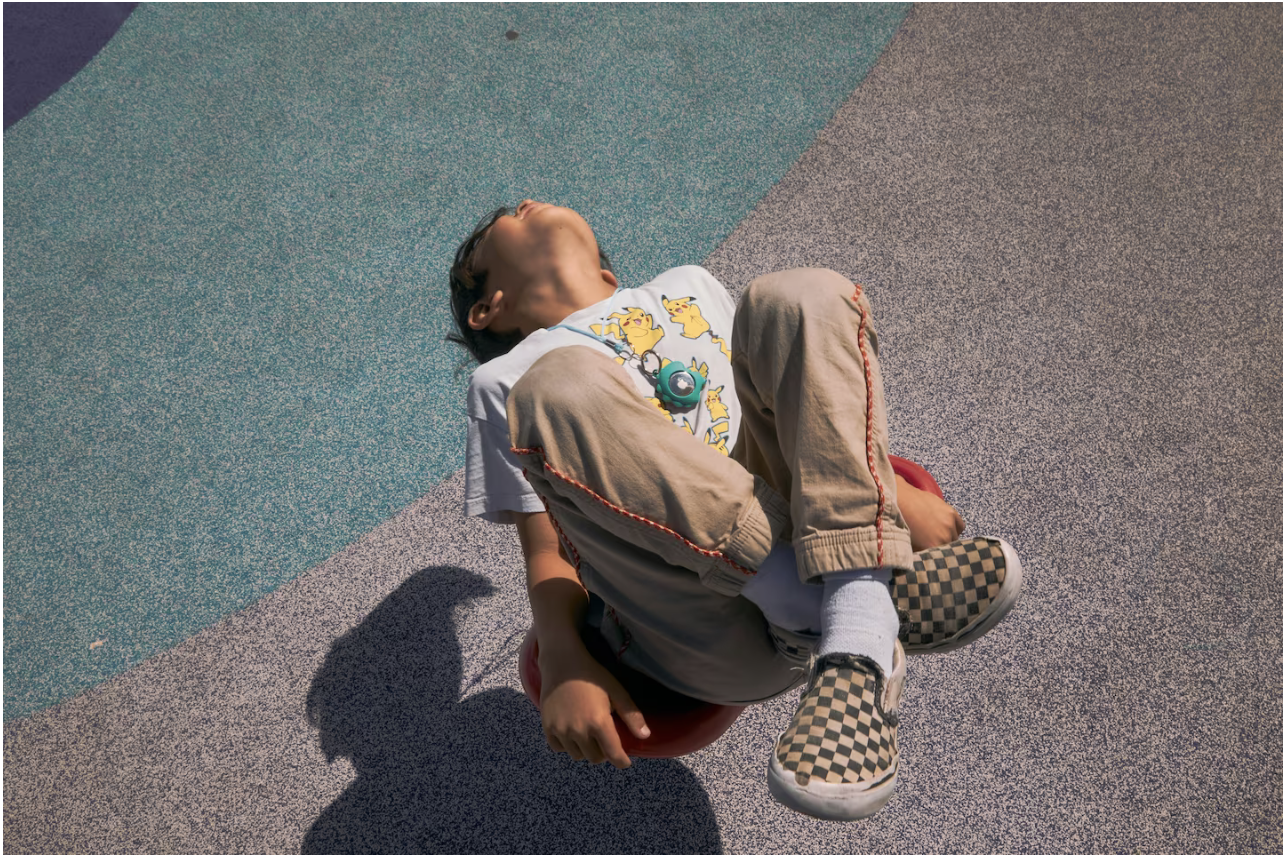
Tapping the next generation of tech buyers
Apple is not against using technology to track children. The company openly markets its Apple Watch as a wearable GPS and communication device for kids not ready for a smartphone.
There are some key differences between devices. An AirTag costs $29 and the cheapest new Apple Watch with cellular and GPS starts at $299. Unlike a smartwatch that needs to be charged almost daily, an AirTag has a replaceable battery that should last a year.
However, AirTag locations are less accurate and can have a larger delay when showing the most recent known location, making them riskier to use in time-sensitive situations. The devices don’t have their own cellular connection and instead, tap the surrounding network of other Apple devices that can access the internet to pass on updates. If a child is in a rural area or anywhere far from other iPhone and iPad users, the AirTag might not be able to send out its location at all. Apple declined to comment on people using AirTags for kids.
“There really is a culture of fear and part of that is purposeful in that it’s a way of marketing to parents,” said psychologist Susan Linn, author of “Who’s Raising the Kids? Big Tech, Big Business, and the Lives of Children.” “It makes everybody in the family even more dependent on technology, and that’s the purpose of all of these devices. To make the kids more dependent on them to make the parents more dependent on them, so you start to believe you can’t live your life without them.”
Safety has been a windfall for the tech industry and is at the center of multiple new features from Big Tech companies. In addition to location tracking, the industry is focused on home surveillance systems, baby tracking, fall alerts and SOS features for contacting emergency services over satellite.
As for Chin, she said she has plenty of real reasons to be concerned about her daughter, from peer pressure to dealing with strangers. She will transition from getting her location via an AirTag to a smartphone when she’s older.
“I am 100 percent going to be keeping tabs on her until I can’t. There’s too many stories out there.”
CORRECTION
An earlier version of this article incorrectly said that Stephanie Chin lives in Virginia. She lives in Maryland. The article has been corrected.
Keywords

21/04/2024

31/03/2024
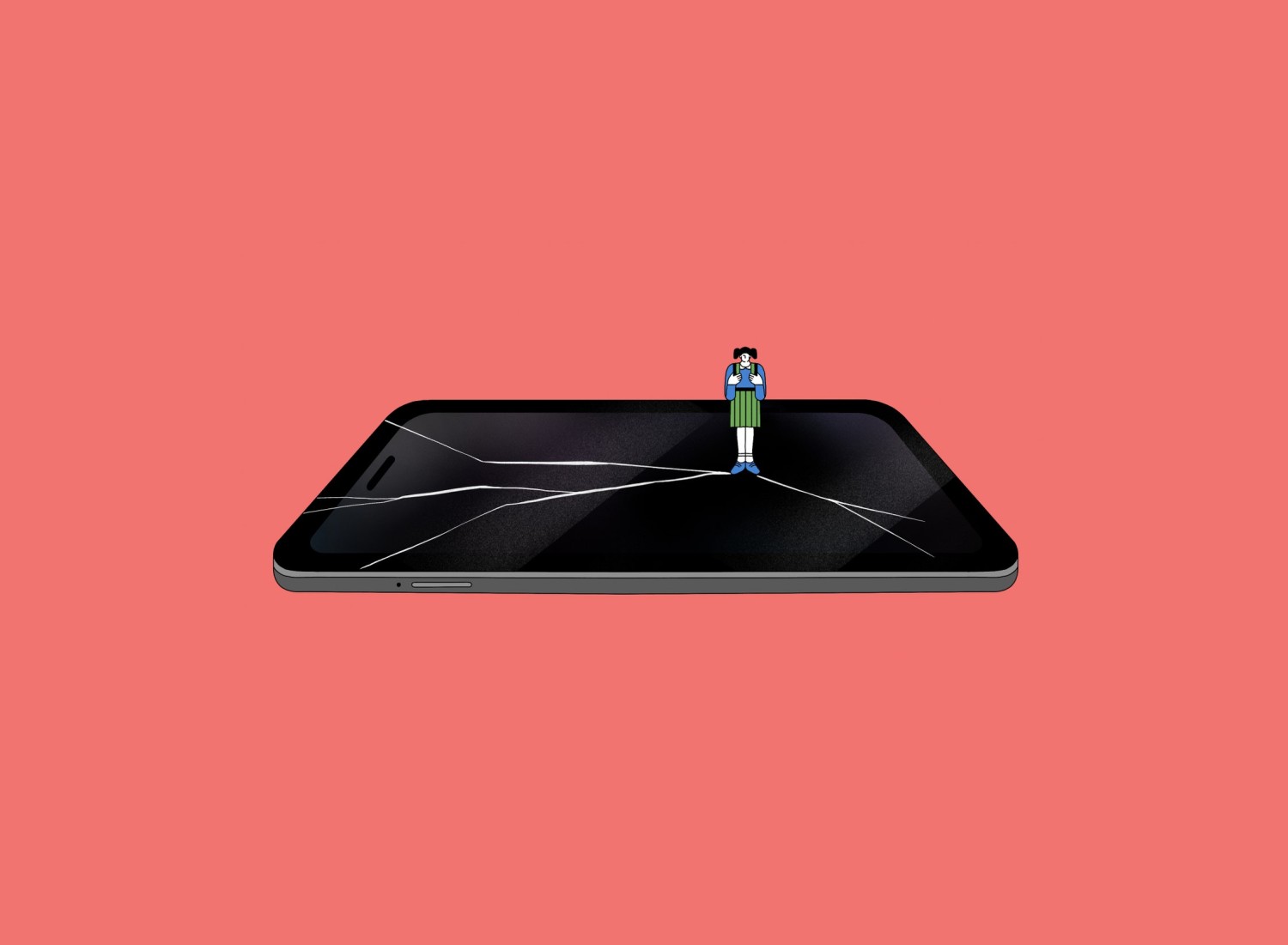
28/03/2024
Newer articles
<p>Chinese officials say they "firmly oppose" the platform being divested.</p>
Ukraine ‘will have a chance at victory’ with new US aid, Zelenskyy says
Congress passes bill that could ban TikTok after years of false starts
Ukraine war: Kyiv uses longer-range US missiles for first time
How soon could US ban TikTok after Congress approved bill?
TikTok faces US ban as bill set to be signed by Biden
‘LOSING CREDIBILITY’: Judge explodes at Trump lawyers as case heats up
Claim rapper ‘made staff watch her have sex’
KANYE WEST PLANS TO LAUNCH 'YEEZY PORN' ... Could Be Coming Soon!!!
Trump lawyer tells SCOTUS that president could have immunity after ordering military to assassinate a political rival

